Audio
Freya Wolf
Ablequest by
2RPH3 seasons
4 April 2025
14 mins
A vision-impaired disability rights advocate talks of her work and learning podcast skills.

This series of 15 minute programs examines developments in assistive technology for people living with a wide range of disabilities. It's presented by Barbara Sullivan, Marni Roper and Elaine Wziontek.
This episode features Freya Wolf -champion of disability rights and human rights advocate. She lives with severe vision impairment and her advocacy spans a broad spectrum from research reports to poetry, press releases and presentations.
Elaine Wziontek spoke to her about her challenges and how she benefited from the podcasting radio internship workshop held at 2RPH in association with Disability Media Australia (managers of Powerd).
Original air date: 04.04.25
Pictured on this page: Freya Wolf (at centre) with some other participants in the Safer Me, Safer You project.
Barbara Sullivan 0:02
With information on the latest developments in assistive technology and initiatives from the studios of 2RPH in Sydney and around the country on the Radio Reading Network of Australia, we bring you Ablequest. Hello. I'm Barbara Sullivan.
Today's guest is Freya Wolf, a champion of disability rights with expertise in fostering diversity and inclusion. She is also a human rights advocate, consultant and facilitator of expert advisory groups, including creating safe spaces for sensual, embodied dance. Freya lives with severe vision impairment, yet has created many video presentations for organisations such as the CBA, the E-Safety Commission, the New South Wales Government and people with disabilities Australia. Her advocacy spans a broad spectrum from research reports to poetry, press releases and presentations.
Freya is one of five participants in the podcasting and radio internship held on Fridays at Radio 2RPH, in association with Disability Media Australia. Elaine Wziontek spoke with her in the studio during a break in the workshop. They talked about the course and how she has overcome everyday challenges, partly with the help of technology such as meta smart classes with advanced AI features and hands-free accessibility.
Elaine Wziontek 1:30
Welcome to Ablequest. Freya.
Freya Wolf 1:32
Thank you. It's lovely to be here.
Elaine Wziontek 1:35
So I believe you've been a participant in the podcasting radio internship at 2RPH. What's that been like?
Freya Wolf 1:42
It's been wonderful. It's been a really rare opportunity. It's a wonderful group, a small group of us learning to podcast everything from story capture to interview skills to editing and creating soundscapes. So it's been a really thought-provoking experience. And I love audio content myself, both podcasts and audio books and radio, so I'm really thrilled to be getting involved and to be getting the opportunity for some really hands on training and a lot of support with that as well, because I do use a screen reader and lots of assistive technology, so it's nice to be in this environment as well, where there's a lot of understanding and support around assistive technology as well.
Elaine Wziontek 2:34
I believe it's a nine week program. Is that right? Every Friday?
Freya Wolf 2:37
Yes, every Friday for nine weeks. And the idea is that we each create an audio piece by the end of the program. So that's really exciting. And I'm a very creative person and love story as well. So it's really exciting to be working on a goal like that.
Elaine Wziontek 2:57
So tell me about your lived experience with vision impairment and how you've been able to overcome challenges.
Freya Wolf 3:05
I have been diagnosed with a retinal condition. The diagnosis has changed a little over time, but I was diagnosed when I was seven years old, and it's progressive. I'm now in my early 40s, and I didn't really get a lot of support, and perhaps didn't need as much support when I was younger, but into my 20s and my 30s and now my 40s, my vision has deteriorated quite a lot, so I've begun using a cane, and a few years ago, I had to learn to rely on a screen reader, so stopped really being able to read print at all. So it's been quite the journey to really get my head around how to do just the basics of life using a lot of assistive technology and other supports.
Elaine Wziontek 4:05
So I understand you've got the Meta Smart Glasses now, and they're equipped with AI features. Has that been helpful to help with your daily tasks?
Freya Wolf 4:14
Yes, it's been amazing. So there have been a lot of apps around for quite a while, where you could point your phone at labels or take a photo of a document and it could be read out apps like Be My Eyes or seeing AI, those are useful, but I'm someone who tends to resist technology, But with the smart classes, it's really great because you can put them on and immediately wherever you angle to look as though you would be looking to read something. It's captured in the camera. So you don't need to worry about trying to make sure that in the phone camera. Capturing what you're trying to get described.
So it's very seamless. You just put them on like glasses, and I mean, they have lots of fun features that you can take photos and video. And again, it's easier as a blind person to capture even friends and family in a photo when you're wearing the camera, rather than trying to hold and angle a camera at something you can't see. And I think what's really interesting about the Meta Smart Glasses as well is that they're obviously not the first smart glasses that have been designed specifically for people who are blind or have low vision, but they've been quite expensive, so quite unaffordable to a lot of the community.
And interestingly, with the Meta Smart Glasses, they are designed for the mainstream community, which makes them much more affordable, and I think the accessibility features that they offer are quite unintended. I don't think that they were really considering the blind and low vision community, but it's almost like an incidental benefit that they can act as smart glasses and describe labels, they can read menus. They can also be connected with WhatsApp, so you can connect with someone on WhatsApp, or be my eyes, and they can literally see what you're seeing. So I know people are using them to get directions through an airport.
Elaine Wziontek 6:35
For example, do you have to say, Hey, Meta, find my way to the airport? Find my way to Virgin Airlines? Or What am I seeing?
Freya Wolf 6:43
Yeah, like, Hey, Google... yes, yes, no, it is like that. And they do lots of other things that you can say, Hey Meta, message this person, you know, like you would with Siri or Google. But you can also then say, Hey Meta, read the label on the bottle I'm holding. Or, Hey Meta, tell me the vegetarian options on the menu. Then say, Hey Meta, connect with Be My Eyes, and it requires a bit of setup. So it's not super simple to set it up, but once they're set up and paired with your phone and all that sort of thing, then yeah, you can say, Hey Meta, connect with Be My Eyes, and they'll just double-check that you want to connect with the volunteer on Be My Eyes, and then you're actually speaking to a human who's looking through your glasses. Then you can just basically tell them whatever you want help with.
So it's got both an AI feature, but also a feature where you can connect to a volunteer. They're really handy, and compared to a lot of the blindness-specific glasses and products, they're quite affordable. And the other thing that I think people really enjoy about them, and this is based on the large Facebook groups I'm a part of that are all about the glasses, is that they look pretty good. Apparently, they look fashionable, and you don't look like you're wearing some, you know, very strange assistive technology device. But instead, they're kind of a fashion item as well. And you can get them in transitions, or for people with light sensitivity, you can get very dark lenses, prescription lenses. So they're a real breakthrough.
Elaine Wziontek
And would you use them every day?
Freya Wolf
Yeah, I would say that I do, and I know a lot of people who will wear them all day. I am a little bit sensitive to Bluetooth and EMF, or I'm aware of those sorts of issues, so I don't wear them all day, every day, and I have a mild prescription, and I'm not really used to wearing glasses on my face, so I will really just put them on when I want to read something. So I like having them with me whenever I go out, in case I want to read labels on things in shops or prices or whatever. And it's also handy because they just work as a headset as well, so you can listen to music or speak to people on the phone. They're a good backup to my AirPods.
I would say, I do use them every day, and I use them at home a lot as well I can if I'm culling or going through the pantry, they're really useful to just identify what I want to keep and what I want to throw out and all that sort of thing. So yeah, they've been a worthwhile and a fun investment.
Elaine Wziontek 9:16
That sounds great. So you call yourself many things, but one of the things you call yourself is an inclusion activator. So what is that?
Freya Wolf 9:25
So I'm really passionate about inclusion and belonging. I have worked in the disability advocacy space for about 15 years, and I've also worked in the multicultural disability advocacy space, and also the anti violence movement and the Women's Safety movement. I worked on a project where I was also creating more accessible and inclusive services in the New South Wales domestic and family violence sector for quite a long time, and I'm really passionate about.... creating communities and a society where really we can genuinely welcome everyone and and ensure that everyone feels a sense of belonging.
And I think we're really just at a tipping point when it comes to inclusion for people with disability, I do a lot of work speaking at events, and I'm an ambassador for the Australian Human Rights Commission around an equality at work projects. So a big project, they've got to create more meaningful employment for people with disability in the community, which is such a major issue, because meaningful employment is so fundamental to our sense of belonging and our ability to contribute and feel that sense of worth - not that I think worth is about how productive we are - but yeah, really creating that sense of belonging and equality, not to mention the financial benefits that come from meaningful employment for people with disabilities.
So that's just some of the inclusion activation that I do. And the other thing that I do is embodied movement and central embodied dance, which I also see as being part of inclusion - because that's really about connecting with our experience that our body is having, so all the emotions, all the feelings, all the experiences that we have in life, and just making sure that we make space for those and acknowledge those and accept those, and are able to move with those and through those experiences in a way that allows us to connect more fully with life.
Elaine Wziontek 11:51
So you actually run these dance classes, do you? You know, do you do that every week, every month, or when you're asked to at an event?
Freya Wolf 11:58
Yes, at the moment, it's more when I'm asked to at an event. I have got some regular classes that will be coming soon, but the moment, it's something I'm doing for bigger events, some of the disability expos coming up. And I also work on a project called Safe for Me, Safe for You, which is around creating social and sexual safety for people with disabilities. So they've got a big online event coming up, and I'll be doing some of that embodied movement combined with some storytelling and poetry at that event. But yeah, I am looking to host some regular online and in-person classes coming soon.
Elaine Wziontek 12:44
So it seems like you've achieved a lot - but what ambitions have you still got, and how can people get in touch with you?
Freya Wolf 12:50
Well, in terms of ambitions, I would say, I mean, I'm really enjoying this creative podcasting project that I'm doing, so I'm really excited about that. And, yeah, just continuing deepening into my offerings of embodied movement, as well as some of the high level advocacy that I'm doing through the Australian Human Rights Commission. And I'm just, I'm excited and lit up just by the different opportunities that present themselves. And I sort of almost feel like I go where I'm asked at the moment.
Elaine Wziontek 13:27
So how can people get in touch with you if they'd like to hear more about what you can do? Obviously, you've got a website, haven't you?
Freya Wolf 13:33
Yeah. So my website is Freya Wolf dot com, and there's a contact form there that people could fill out.
Elaine Wziontek 13:41
So the web... so the website is Freya - F, R, E, Y, A, Wolf - W, O, L, F, dot com.
Freya Wolf 13:48
Yes.
Elaine Wziontek 13:49
Okay. Thank you, Freya. Thank you so much. Been great talking to you. It's been a pleasure. And I've just been speaking to Freya Wolf, a disability rights consultant.
Barbara Sullivan 14:00
You have just been listening to Ablequest, a program that looks at developments in assistive technology and initiatives. From Elaine Wziontek and Barbara Sullivan, thank you for listening and goodbye till next program.
Continue listening

Blind Sports Australia CEO Matt Clayton speaks about its work with blind and vision impaired athletes across 21 sports.
Matt Clayton - Blind Sports Australia
Ablequest by 2RPH
5/5/2023
•13 mins
Audio

Vivid, Sydney's celebration of creativity, seen from a disability access focus by its director.
Gill Minervini - Vivid
Ablequest by 2RPH
19/5/2023
•14 mins
Audio

This program discusses dance movement therapy and how it works - featuring Cecilia King of the Dance Therapy Association.
Cecilia King - Dance Therapy
Ablequest by 2RPH
14 mins
Audio

What are the challenges of providing audio description on Oz TV? Hear Lauren Henley, Aust Federation of Disability Organisations.
Lauren Henley - Audio Description
Ablequest by 2RPH
16/6/2023
•14 mins
Audio

In Part 1 of a 2RPH interview, assistive tech expert David Woodbridge explores latest innovations to make everyday life easier.
David Woodbridge - Tech Update Part 1
Ablequest by 2RPH
30/6/2023
•14 mins
Audio

Features Robert Duff-Silsby of Luddi, Perth company developing assistive devices for all people and bodies.
Robert Duff-Silsby - Sexual Wellbeing
Ablequest by 2RPH
13 mins
Audio

In Part 2 of this conversation with 2RPH's Ablequest, expert David Woodbridge reviews latest assistive technologies.
David Woodbridge - Tech Update Part 2
Ablequest by 2RPH
28/7/2023
•14 mins
Audio

Matt Clayton of Blind Sports Australia and the Oz team's Chef de Mission, discusses the forthcoming World Blind Games in the UK.
Matt Clayton - World Blind Games
Ablequest by 2RPH
11/8/2023
•13 mins
Audio

Prof Kim Marriott of the Monash Assistive Technology and Society Centre, talks about the purpose and work of the Centre.
Kim Marriott - Monash Assistive Technology and Society Centre
Ablequest by 2RPH
25/8/2023
•13 mins
Audio

Ablequest features an interview with Serena Ovens, new CEO of Assistive Technology Supplies Australia or "ATSA".
Serena Ovens - Assistive Technology Supplies Australia
Ablequest by 2RPH
14 mins
Audio

Part 1 of an interview on the voice-activated app, Bindi Maps.
Anna Wright - Bindi Maps (Part 1)
Ablequest by 2RPH
14 mins
Audio

This is Part 2 of an interview with Dr Anna Wright, explaining how Bindi Maps works.
Anna Wright - Bindi Maps (Part 2)
Ablequest by 2RPH
14 mins
Audio

Artist Ebony Wightman of disability-led We Are Studios talks about art and challenge.
Ebony Wightman - We Are Studios
Ablequest by 2RPH
20/10/2023
•13 mins
Audio

Prof. Leeanne Carey discusses the SENSe program, her team's world-first therapy to help stroke survivors.
Leeanne Carey - SENSe Therapy
Ablequest by 2RPH
2/11/2023
•13 mins
Audio

Youthworks Accessibility Minister Bec Baines talks of making church accessible to young people with disabilities.
Bec Baines - Youth and Worship
Ablequest by 2RPH
16/11/2023
•14 mins
Audio

Nikki Hind, Australia's first blind fashion designer, discusses her work.
Nikki Hind: Blind Grit
Ablequest by 2RPH
1 December 2023
•14 mins
Audio

Dr Dimity Williams, family GP, recommends spending more time in nature - and a "green hour" each day.
Green Hour: Dr Dimity Williams
Ablequest by 2RPH
5 December 2023
•14 mins
Audio

Imagine sitting in a wheelchair for hours, being unable to move your fingers or arm to do simple things like pick up a glass.
Konstanze Hager - Bateo
Ablequest by 2RPH
Konstanze Hager - Bateo
•14 mins
Audio

Action Audio is a new language being created to transcend sport.
Machar Reid - Action Audio
Ablequest by 2RPH
Machar Reid - Action Audio
•14 mins
Audio

What a difference one person with experience, passion and energy can make to many lives.
Julie Ross-Edwards - Head High
Ablequest by 2RPH
Julie Ross-Edwards - Head High
•14 mins
Audio

Driver educator outlines what's needed for a person with disability to get a driver's licence.
Ronak Shah: on-road driving education
Ablequest by 2RPH
12 January 2024
•14 mins
Audio

Vision Australia's Christo Sarantakis talks of his life, blindness and assistive tech changes.
Christo Sarantakis of Vision Australia
Ablequest by 2RPH
26 January 2024
•14 mins
Audio

Introducing Australia's first pictureless feature film, TOUCH, showing in Sydney.
Majella Knobel: "Touch" - open air movie
Ablequest by 2RPH
9 February 2024
•14 mins
Audio

An expert discusses the use of horticultural therapy for people with disabilities.
Steven Wells: horticultural therapy
Ablequest by 2RPH
23 February 2024
•14 mins
Audio

Features articles on latest blind-assistive tech including a new bus app and smart ear buds.
Assistive tech news catchup
Ablequest by 2RPH
8 March 2024
•14 mins
Audio

Features an innovative hospitality industry training program for people with disabilities.
Saraya O'Connell - Hotel Etico Independence Program
Ablequest by 2RPH
22 March 2024
•14 mins
Audio

Guests discuss the Obi robotic dining assistant for people with upper arm disabilities.
Hugh Kingley and Rachel Dekkar: Obi
Ablequest by 2RPH
19 April 2024
•14 mins
Audio

A spy-themed computer program tackles the mystery of social encounters - outlined by its company's CEO.
Kathleen Davey - Social Science Translated
Ablequest by 2RPH
3 May 2024
•14 mins
Audio

A Sydney organisation delivers creative arts and life skills to people with disabilities.
ChoppA Green - Studio Artes
Ablequest by 2RPH
17 May 2024
•14 mins
Audio

An award-winning Central Coast NSW disability service shares its successful strategies.
Lonestar Makoni - Breaking Barriers Disability Services
Ablequest by 2RPH
31 May 2024
•14 mins
Audio

Part 1 of a conversation with an Australian neuroscience research pioneer about benefits of music in brain injury recovery.
Professor Sarah Wilson (part 1)
Ablequest by 2RPH
14 June 2024
•14 mins
Audio

Part 2 of a conversation with a leading neuroscientist of benefits of music in brain injury recovery.
Professor Sarah Wilson (part 2)
Ablequest by 2RPH
28 June 2024
•14 mins
Audio

A CEO talks about his company's award-winning assistive physical therapy device.
Justin Keenan - LusioMate
Ablequest by 2RPH
12 July 2024
•14 mins
Audio

Information about a program teaching good cyber-security practices to make daily life safer.
Jess Wilson: Be Connected
Ablequest by 2RPH
26 July 2024
•14 mins
Audio

A veteran print disability broadcaster with macular degeneration shares her experiences.
Teresa Plane - 2RPH
Ablequest by 2RPH
9 August 2024
•14 mins
Audio

The founder of a blind-assistive technology company shares latest developments.
Peter Ford - Control Bionics (part 1)
Ablequest by 2RPH
6 September 2024
•14 mins
Audio

Part 2 of an interview with the head of an innovative blind-assistive technology company.
Peter Ford - Control Bionics (part 2)
Ablequest by 2RPH
20 September 2024
•13 mins
Audio

Looks at a project to better inform refugee and migrant women on AI.
Good Things - Jess Wilson
Ablequest by 2RPH
4 October 2024
•14 mins
Audio

An expert with lived experience corrects some widespread misconceptions about stuttering.
Dale Williams - Stuttering Awareness Day
Ablequest by 2RPH
18 October 2024
•14 mins
Audio

An inventor discusses his an innovative cane tip to help people with blindness or low vision.
Peter Rickards - Sensaball
Ablequest by 2RPH
15 November 2024
•13 mins
Audio

Part 1 of an interview with an Australian expert on low-vision-assistive technology, on AI and other developments.
David Woodbridge (part 1)
Ablequest by 2RPH
29/11/2024
•14 mins
Audio

Conclusion of an interview with a leading Australian expert on blind-assistive technology.
David Woodbridge (part 2)
Ablequest by 2RPH
13 December 2024
•14 mins
Audio

Looks at the leading stroke treatment work of the Royal Rehabilitation Hospital, Ryde NSW.
Jason Redhead and Graham Cooper of Royal Rehab Ryde
Ablequest by 2RPH
10 January 2025
•14 mins
Audio

An innovative social media platform aims to address isolation and loneliness in the disability community.
Steve Bear - Alvie
Ablequest by 2RPH
7 February 2025
•12 mins
Audio

Australia's largest provider of Auslan sign services outlines its important work.
Brett Casey - Deaf Connect
Ablequest by 2RPH
21 February 2025
•14 mins
Audio

Looks at an Australian organisation's work at helping men seek help and build self-awareness.
Tommy Herschell - Find Ya Feet
Ablequest by 2RPH
7 March 2025
•14 mins
Audio

A speech pathoplogist discusses her work with young people's complex communication needs.
Denise West - Scope
Ablequest by 2RPH
21 March 2025
•14 mins
Audio

A vision-impaired disability rights advocate talks of her work and learning podcast skills.
Freya Wolf
Ablequest by 2RPH
4 April 2025
•14 mins
Audio

A leading Australian eye researcher talks of his team's work in creating new hope for people with retinal damage.
Raymond Wong - Centre for Eye Research Australia
Ablequest by 2RPH
18 April 2025
•14 mins
Audio

A wheelchair-using business owner, facilitator and car rally driver shares experiences and insights.
Mel Harrison - Sitting Low, Reaching High
Ablequest by 2RPH
2 May 2025
•13 mins
Audio
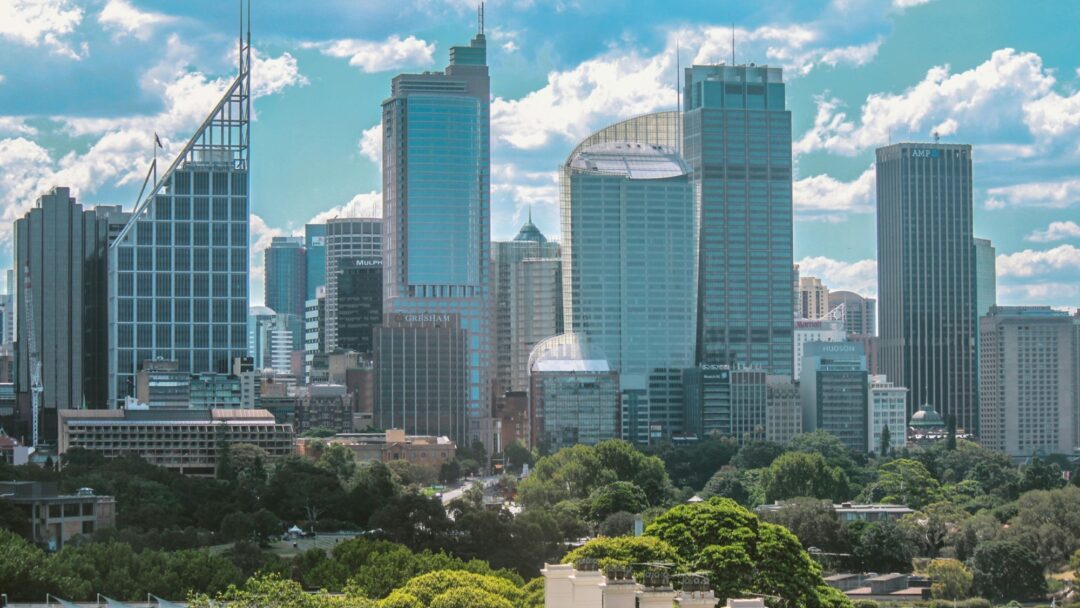
Disability Pride Month in July promotes awareness about people with disability and also celebrates individuals with disability.
Hannah Solomons - Sydney Disability Pride
Ablequest by 2RPH
Hannah Solomons - Sydney Disability Pride
•14 mins
Audio
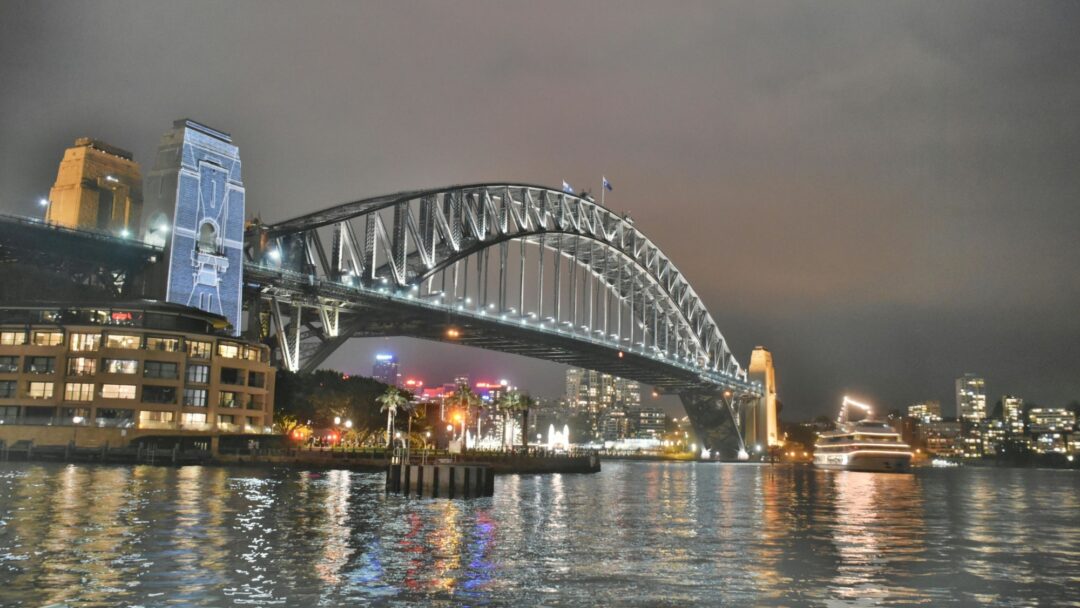
Deb Roach is a three-time pole dancing world champion yet she has only one arm.
Deb Roach
Ablequest by 2RPH
Deb Roach
•13 mins
Audio
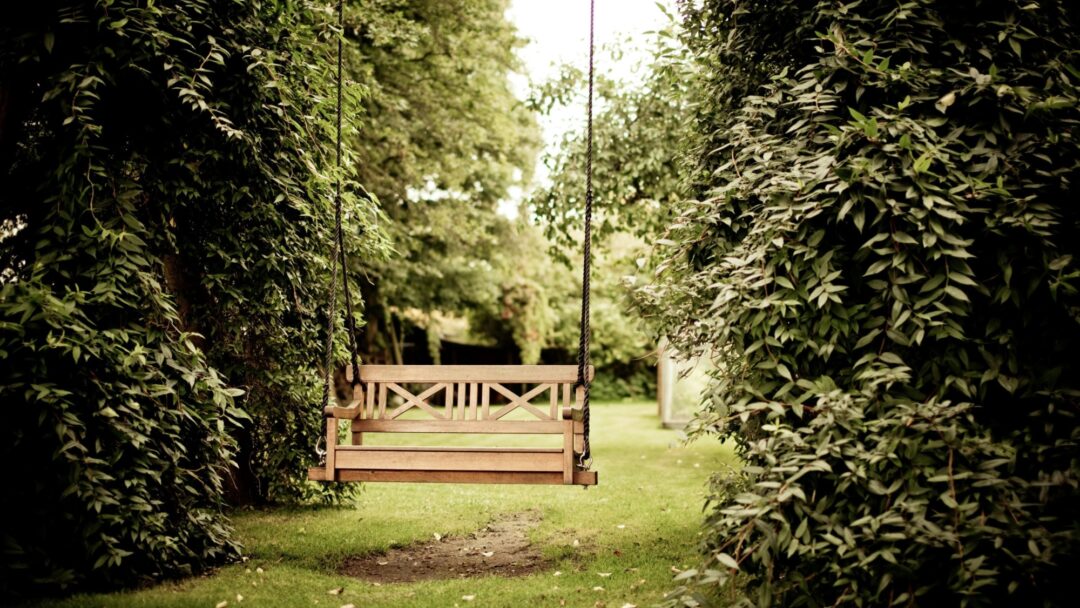
Being in nature is good for you whether it is being in the garden or walking along the beach.
Kayte Kitchen - Admirari Nature Therapy
Ablequest by 2RPH
Kayte Kitchen - Admirari Nature Therapy
•14 mins
Audio
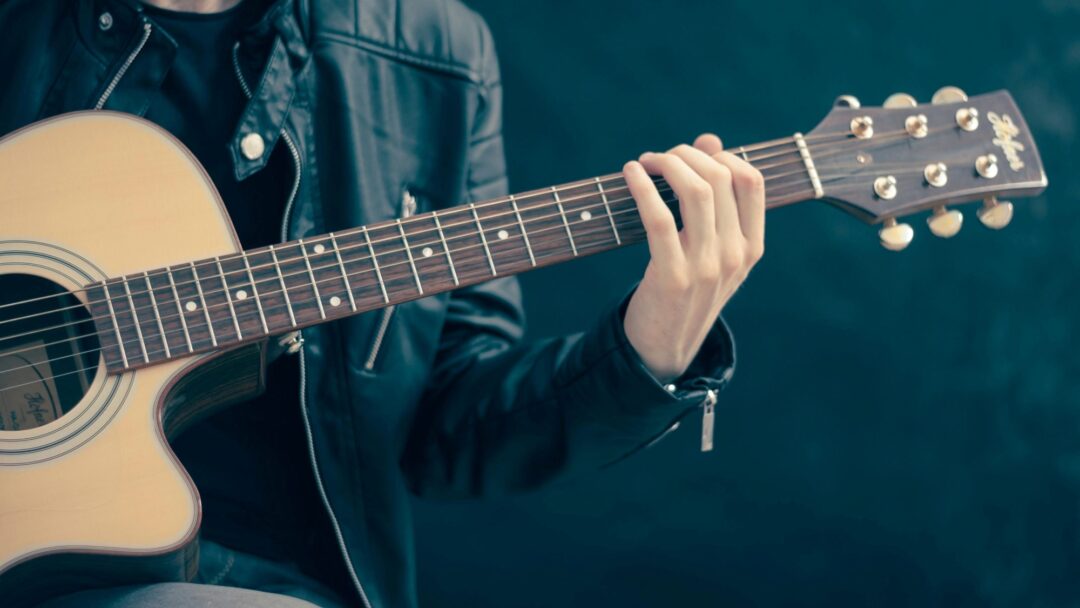
Music can evoke emotions that bring back memories and the same is true for people living with dementia.
Zara Thompson - Music Therapy
Ablequest by 2RPH
Zara Thompson - Music Therapy
•14 mins
Audio
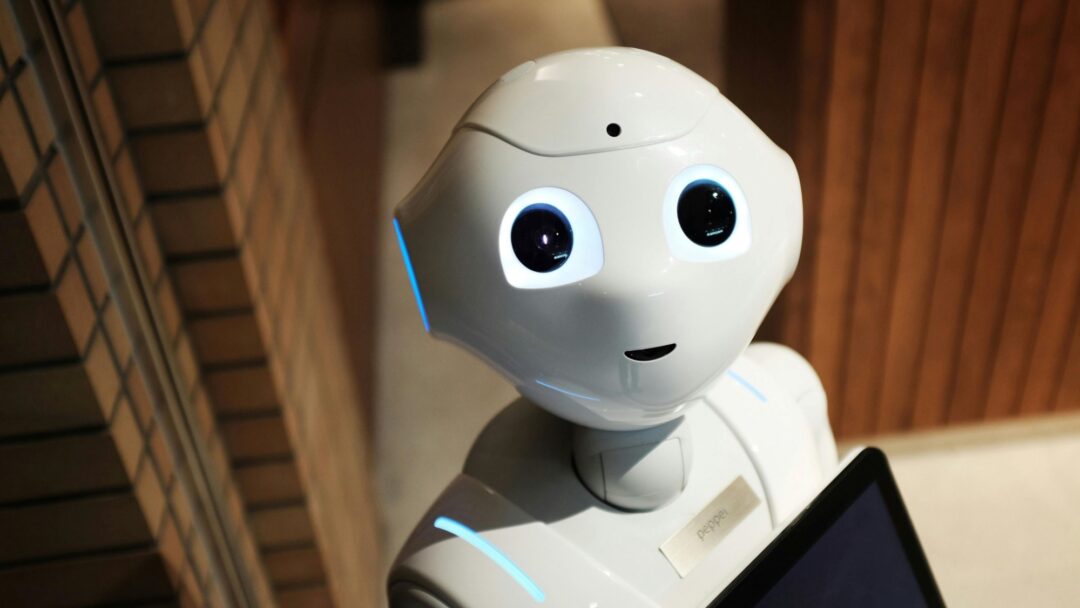
Laura Boccanfuso is founder and CEO of Van Robotics, a social robotics company based in South Carolina in the United States.
Laura Boccanfuso - Van Robotics
Ablequest by 2RPH
Laura Boccanfuso - Van Robotics
•14 mins
Audio
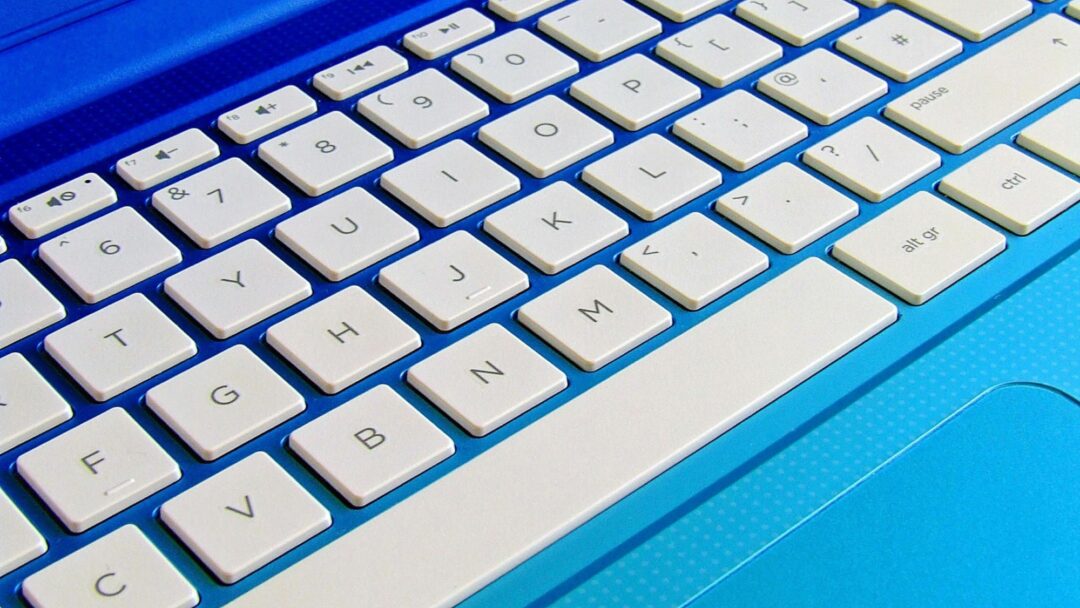
Two years ago Maggie O'Connell, in her mid 20's never had a full time job.
Maggie O'Connell - AFP
Ablequest by 2RPH
Maggie O'Connell - AFP
•14 mins
Audio
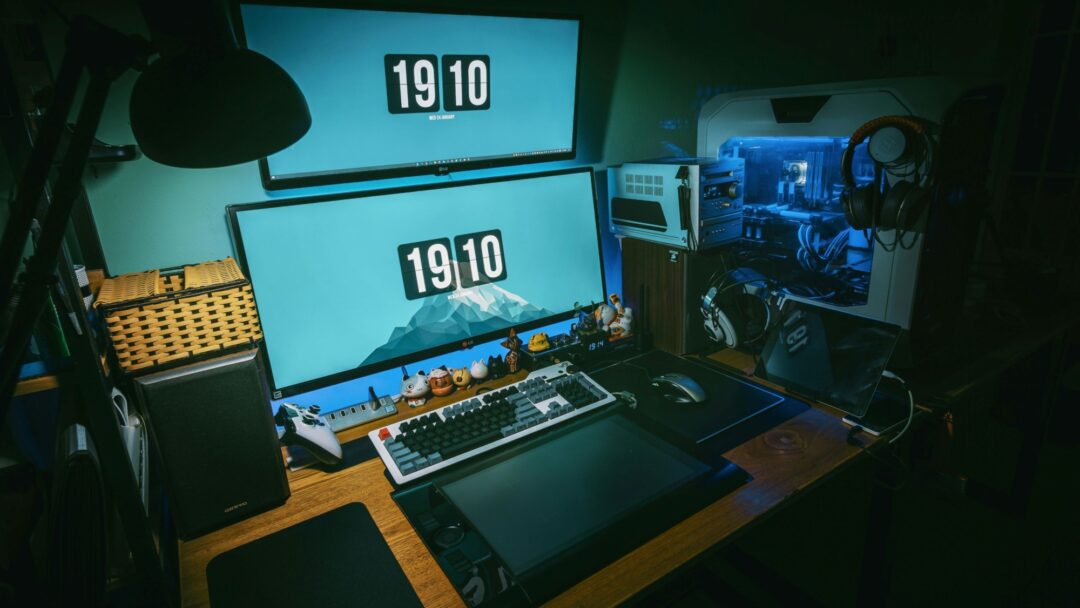
Julie Ross-Edwards, founder of Head High Disability Services, returns to Ablequest to speak more about Head High's philosophy and special approach.
Head High (Update)
Ablequest by 2RPH
Head High (Update)
•13 mins
Audio
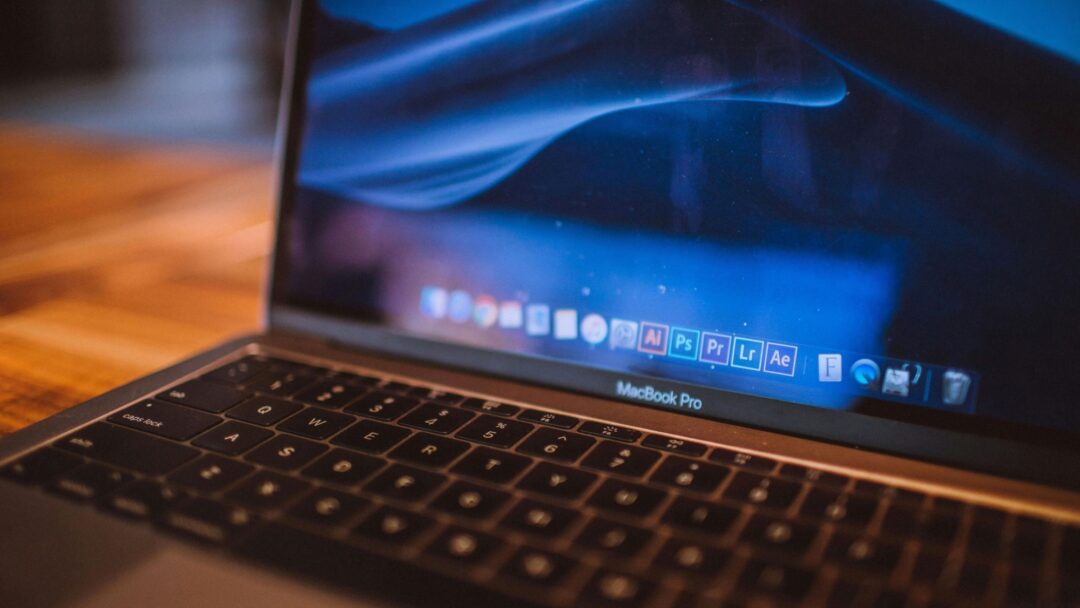
David Woodbridge, an expert in assistive technology for people with no or low vision, is a regular guest on Ablequest.
David Woodbridge
Ablequest by 2RPH
David Woodbridge
•14 mins
Audio

Pete Horsley is the Founder of Remarkable, a global start up and initiative of the Cerebral Palsy Alliance.
Pete Horsley - Remarkable Disability Tech Summit
Ablequest by 2RPH
Pete Horsley - Remarkable Disability Tech Summit
•14 mins
Audio